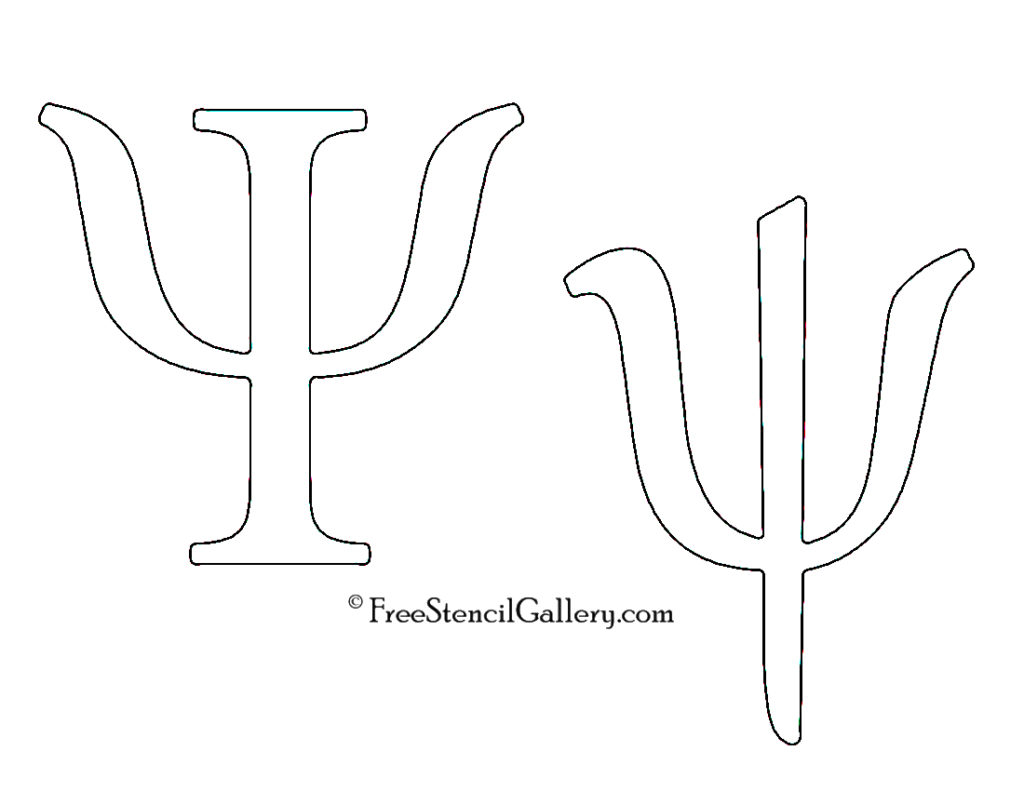

9th century BC to 4th century BC), it represented an aspirated voiceless bilabial plosive ( ), which was the origin of its usual romanization as ⟨ph⟩. It might interest you.Phi ( / f aɪ/ uppercase Φ, lowercase φ or ϕ Ancient Greek: ϕεῖ pheî Modern Greek: φι fi ) is the twenty-first letter of the Greek alphabet. Now, that brave, beautiful woman with butterfly’s wings also represents the psychology symbol “ Ψ”. Aphrodite stopped being envious towards her son’s lover and danced with them at their wedding. There couldn’t have been a happier ending for this magical couple. It was Eros, who had now forgiven her and come to her rescue.
LETTER BEFORE PSI GREEK SKIN
The hand’s familiar skin comforted her, and the hopeful face of its owner immediately brought her joy back. Thankfully, a familiar hand pulled the cursed box away from her eyes.

That’s when she fell victim to its trap: the stygian dream. She decided to open the box to see what was inside, and take some of the beauty for herself.
LETTER BEFORE PSI GREEK FULL
She was also clever, brave, and full of determination. But just when she made it through every challenge and got Persephone’s box, she had a moment of vanity and curiosity. But the trials involved going to the underworld, facing Cerberus, traveling with Charon, and later on with Hades in order to reach Persephone and ask her for some of her beauty, which she kept in a little box.Īgainst all expectations, quick-witted Psyche showed she wasn’t only beautiful. She gave her four trials, four tasks to complete if she wanted to have Eros’ love and forgiveness. She saw it as her chance to rid the world of this woman who rivaled the goddess of beauty herself. Inconsolable, downhearted, and regretful, the King of Anatolia’s daughter went to Aphrodite to ask for help. Eros’ mother saw this as an opportunity to get the upper hand on her. While Eros was sleeping in her bed, she brought a lamp close to his face. In that moment, Aphrodite’s son woke up and stormed out, absolutely enraged by Psyche’s audacity. When Psyche told her sisters about it, they told her she shouldn’t continue the relationship if she didn’t see her mysterious lover’s face. She couldn’t even see his face. The stranger was a god who wanted to keep his identity a secret.īut something went wrong. Psyche fell head over heels for a stranger who visited her each night in the dark. Unable to stop himself, the young god decided to go to her room every night to win her over and make her his. Instead, it was her son, Eros, who fell for Psyche. She wanted young Psyche to fall for the most terrible, ugly, and heartless man in all of Anatolia.īut nothing went according to plan. She was so desperately jealous that she immediately sent her son, Eros (Cupid), to shoot her with his arrows. She was so delicate, attractive, and full of joy that Aphrodite herself became jealous, seeing this young woman as a rival. Her love story is one of the most beautiful love stories of all time and it was immortalized by Apuleius in Metamorphoses (The Golden Ass).Īccording to the story, out of the King of Anatolia’s three daughters, there was one who was truly special. Psyche was also a goddess, a beautiful being with butterfly wings. In Greek mythology, the word “psyche” means more than just butterfly, soul, and mind. Naturally, the symbol “Ψ” was used as its primary symbol, like an abbreviation.


Later on, it would come “logia” ( ψυχή and λογία). This is how, over time, its etymological meaning went from “the science of the soul” to the science of the mind”. The history of the psychology symbol took on that term, psyche. For them, butterflies represented light, change, and hope. There was nothing terrifying about that image in their mind, either. That breath would take the shape of a butterfly. One of their beliefs was that, when someone died, that “ka” the Egyptians talked about would leave their body in the form of a breath of air. The Greeks and Romans had a very specific view of the soul when it came to people. This insect was also a symbol for the breath of life, a breeze, a life-giving wind… Little by little, thanks to the Roman Empire’s influence, the word ended up symbolizing the human soul. What they saw it as was our life-force, also known as “ ka” in Egyptian culture. In ancient Greek, the word psyche (as we mentioned earlier), meant butterfly. The history of the psychology symbol (Ψ), the science of the soul


 0 kommentar(er)
0 kommentar(er)
